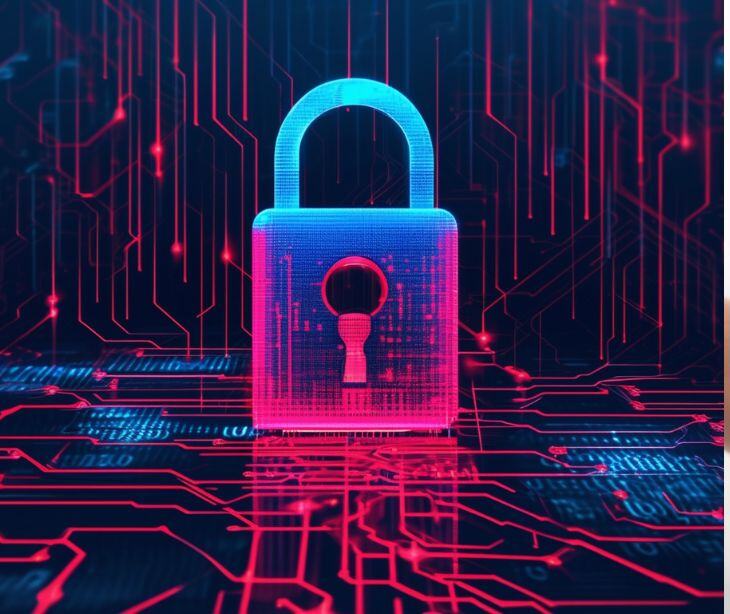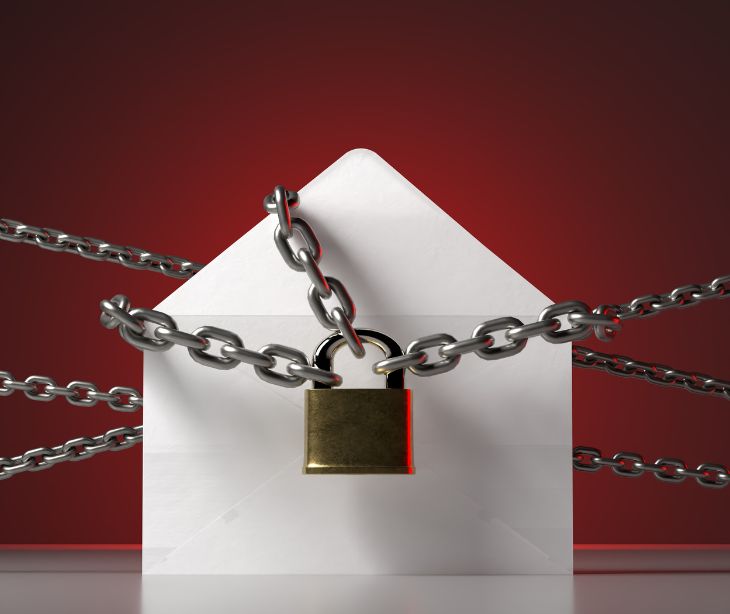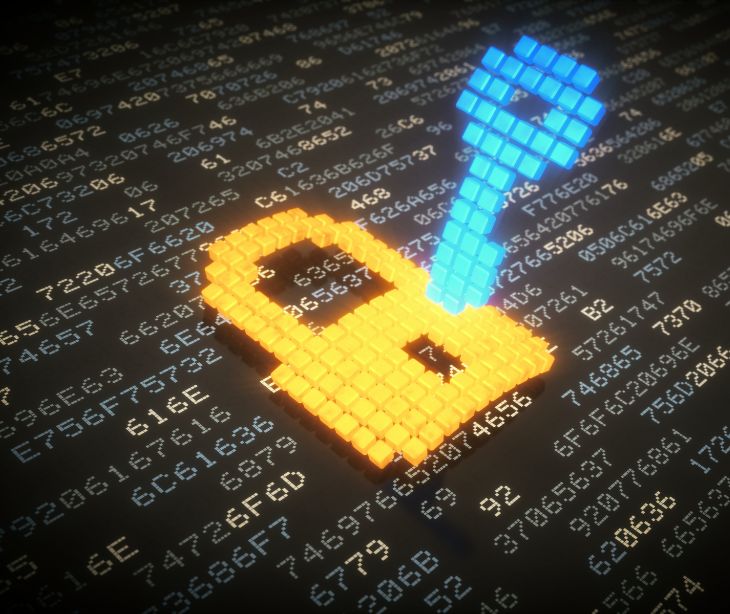
The Advanced Encryption Standard (AES) is a symmetric encryption algorithm widely used to secure sensitive data. The U.S. National Institute of Standards and Technology (NIST) established it as a standard in 2001, replacing the Data Encryption Standard (DES), which had become vulnerable to brute-force attacks due to its relatively short key length.
Applications of AES Encryption
The versatility and reliability of AES encryption make it indispensable in numerous applications:
- Data transmission: It secures data transmitted over networks, ensuring confidentiality and integrity in online communications, including HTTPS connections and VPN tunnels.
- Data storage: AES encryption safeguards stored data, protecting it from unauthorized access in databases, cloud storage, and portable devices.
- File encryption: It's used to encrypt files and folders, adding an extra layer of security to sensitive documents.
Go deeper: What happens to your data when it is encrypted?
The significance of AES in cybersecurity
AES has gained widespread adoption and recognition due to several crucial factors:
- Security strength: AES has withstood extensive cryptanalysis and is highly secure when used with sufficiently long keys. Its protection against brute-force attacks makes it a reliable choice for safeguarding sensitive data.
- Versatility: Its flexibility in supporting different key sizes allows for scalability and adaptability to various security requirements.
- Performance: Despite its strong encryption, AES remains computationally efficient, ensuring minimal impact on system performance.
Related: The Importance of Healthcare Cybersecurity
AES and HIPAA compliance
HIPAA requires the protection of protected health information (PHI) when it's transmitted or stored electronically. While the regulation doesn't explicitly mandate the use of specific encryption algorithms, it does require that covered entities and their business associates implement appropriate safeguards to protect PHI.
Due to its widespread adoption and strong security features, AES is used by healthcare institutions for the encryption of electronic patient information. Here is how AES affects HIPAA compliance:
Strong encryption standard
AES is recognized globally as a robust encryption standard. Its adoption aligns with HIPAA's requirements for implementing secure encryption methods to protect electronic PHI. The strength of AES encryption helps ensure that PHI remains confidential and secure, reducing the risk of unauthorized access in cases of data breaches or unauthorized disclosures.
Protection of sensitive data
AES encryption, with its varying key lengths (128, 192, or 256 bits), offers a high level of security. This ensures that PHI is encrypted during transmission and storage.
Compliance with Security Rule
HIPAA's Security Rule requires the implementation of technical safeguards to protect PHI. Encryption is one of the recommended mechanisms listed under these safeguards. By employing AES encryption, healthcare organizations demonstrate compliance with the Security Rule's encryption requirements, strengthening their overall security posture.
Risk mitigation
Utilizing AES encryption aids in risk mitigation by reducing the likelihood of unauthorized access or data breaches. It assists covered entities in adhering to the HIPAA Privacy Rule by ensuring that PHI is not compromised or accessed by unauthorized individuals, thereby safeguarding patient confidentiality and privacy.
Industry best practice
While HIPAA sets the minimum standards for protecting PHI, AES encryption surpasses these requirements. It is widely considered an industry best practice. By implementing AES encryption, healthcare entities go beyond mere compliance, prioritizing the security and privacy of sensitive patient information.
See also:
Subscribe to Paubox Weekly
Every Friday we bring you the most important news from Paubox. Our aim is to make you smarter, faster.




